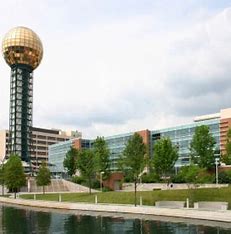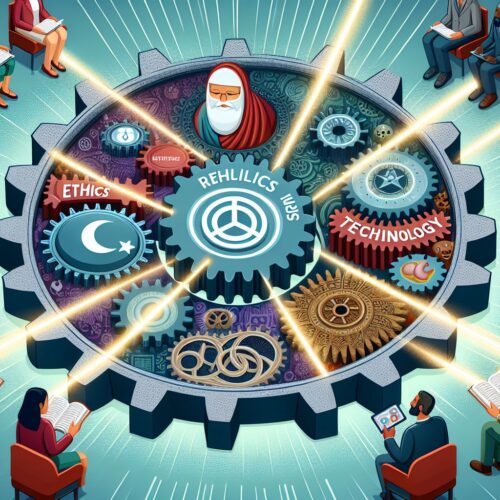In the vibrant city of Aurora, Colorado, a unique intersection of technology, faith, and politics paints a complex yet fascinating picture. This blog post, with information provided by https://www.mccananconstruction.com/aurora-co-remodeling/, delves into how the ethics of technology intertwine with the principles of monotheism and the political landscape of Aurora. We explore the implications for the local community and beyond, in an era where technology and faith continuously shape political dialogues.
 The Ethical Landscape of Technology in Aurora
The Ethical Landscape of Technology in Aurora
Aurora, known for its diverse population and booming tech industry, faces ethical challenges typical of a technologically advanced city. Issues like data privacy, AI ethics, and digital divide are at the forefront. The city’s approach to these challenges reflects a blend of progressive technological adoption and a deep-rooted ethical framework influenced by monotheistic values prevalent among its residents.
Monotheism’s Influence on Political Decision-Making
A significant portion of Aurora’s population adheres to monotheistic religions – Christianity, Judaism, and Islam. These faiths emphasize principles like justice, compassion, and stewardship, which inevitably seep into political decisions. For instance, how city leaders address technological advancements and their impact on society is often guided by these underlying moral values.
 Case Study: Aurora’s Approach to AI and Employment
Case Study: Aurora’s Approach to AI and Employment
Consider Aurora’s approach to integrating AI in public services. The decision-making process showcases a balance between technological innovation and ethical considerations rooted in monotheistic teachings. The city focuses on how AI can enhance efficiency and fairness in services while being vigilant about potential job displacements, reflecting the monotheistic emphasis on community welfare and dignity of work.
The Role of Faith-Based Organizations in Tech Policy
In Aurora, faith-based organizations play a pivotal role in shaping tech policies. They serve as a moral compass, reminding policymakers and tech leaders about the societal implications of their decisions. These organizations often host dialogues and forums where tech ethics are debated, ensuring that technological progress aligns with the city’s moral and ethical values.
 Challenges and Opportunities
Challenges and Opportunities
This intersection of technology, monotheism, and politics is not without its challenges. Conflicts may arise when technological advancements seem to contradict religious teachings or when political decisions favor one ethical viewpoint over others. However, Aurora stands as a testament to the potential for harmony and mutual enrichment among these spheres. The city’s example encourages a broader dialogue on how technology can be harnessed for the greater good, guided by ethical principles rooted in monotheistic teachings.
Conclusion
In Aurora, CO, the intertwining of technology, monotheism, and politics creates a unique ethical landscape. This dynamic interplay offers valuable lessons on balancing technological advancement with ethical considerations. It highlights the importance of inclusive dialogue and mutual respect among diverse viewpoints, ensuring that progress benefits the entire community while staying true to its ethical roots.
As Aurora continues to navigate these complex waters, it serves as a microcosm for larger global discussions. The city’s journey offers insights into how communities can embrace technology responsibly, guided by the ethical principles that monotheism brings to politics and society at large.


 Embracing Technological Advancements with Ethical Responsibility
Embracing Technological Advancements with Ethical Responsibility Political Dynamics and Policy-Making
Political Dynamics and Policy-Making